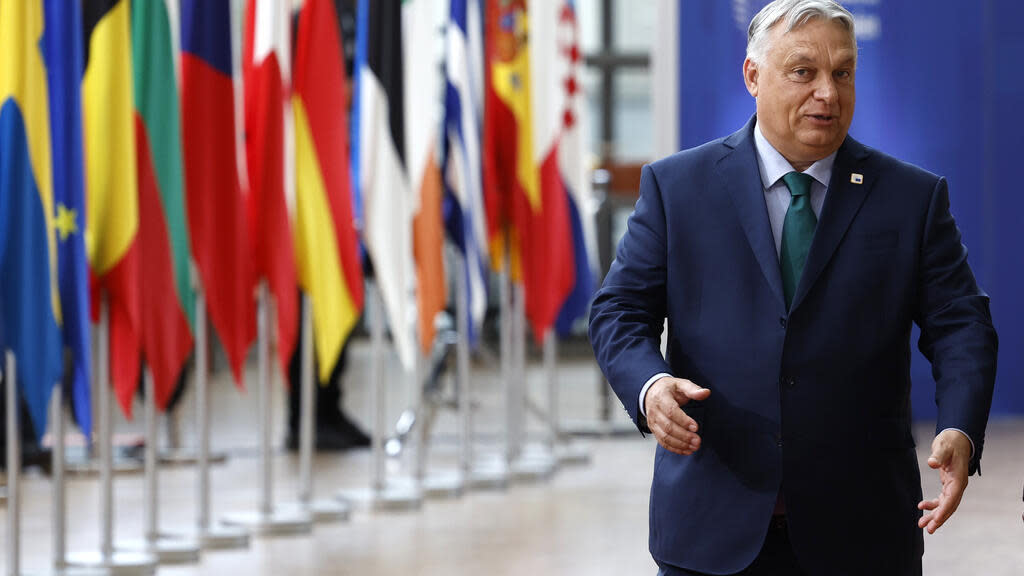Hungary assumes EU presidency amid controversies and corruption concerns

As of today, 1 July, Hungary has taken over the EU's rotating presidency. However, diplomats are concerned because nationalist leader Viktor Orban, who has been in power since 2010, has frequently clashed with Brussels. What are the main points of contention?
Hungary has begun its six-month rotating chairmanship of the European Union. The presidency's role is to chair council meetings, set the agenda, establish a work program, and facilitate dialogue within the Council and with other EU institutions. However, Hungary, led by Prime Minister Viktor Orban—the EU's longest-serving head of government—is often seen as the EU's enfant terrible.
Orban is the only EU leader who has maintained close ties with Moscow despite its invasion of Ukraine. As such, he is against aid for Kyiv.
Orban refused to send arms to Kyiv and has called for a ceasefire and peace negotiations, saying he alone in the EU is looking for peace. He also criticised sanctions against Russia and is opposed to Ukraine's EU ambitions, though he has stopped short of blocking accession talks.
Under a policy of "eastern opening", Orban has also sought close ties with China.
Indeed Budapest seems to revel in taking controversial stances in the EU, opening its presidency under the slogan "Make Europe Great Again", a nod to Orban's "good friend" former US president Donald Trump.
'Christian Europe'
He then introduced a series of anti-immigration “pushback laws”, and refused an EU request to find homes for 1,294 refugees.
Read more on RFI English
Read also:
EU launches punative measures against Hungary over 'anti-democratic' laws
EU leaders seal €50bn Ukraine aid deal after Hungary lifts veto
Hungary blocks billion-euro EU aid deal for Ukraine

 Yahoo News
Yahoo News 
